Making Documentaries:
How To Work With A Composer
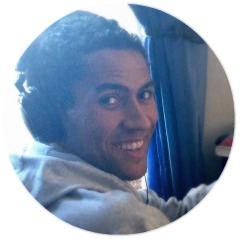
Guest Post by: Joseph East, Documentary Director "I Will Dance"
I’ve always been fascinated by the invisible craft behind using music to enrich storytelling.
When I made my first documentary, I Will
Dance, I uncovered some of the mystery for myself through my first time working
with a composer. The collaboration became one of the most exciting parts of the
process.
With the potential to move, unnerve and excite your audience—music is one of the filmmaker’s most powerful tools.
Below are 5 tips I picked up from my experience working with
my composer, Christian Davis.
Related Article: Choosing Music For Your Documentary (Advice From A Composer)
How To Work With A Composer (My Top 5 Tips)
1. Treat Your Composer As A Collaborator vs. A Hired Gun
I didn’t hire Christian just to write music. I saw him as an
equal member of the creative team. This kind of collaboration requires a true
investment, which is only possible if you view your composer (and your composer
views themselves) as a respected partner rather than a second-tier service
provider.
During the scoring process, I felt a freedom to bounce ideas off Christian– and not just music ideas, but also ideas about what was or wasn’t working with the storytelling. I was open to his ideas because I respected him as a storyteller, too.
If you respect your composer, treat them as a collaborator
and seek creative input, you’ll build a positive working relationship and a
score you’re both proud of.
2. Keep An Open Mind
As I was editing I Will Dance, I listened to the American
Beauty score by Thomas Newman on repeat. To me, it perfectly captured the mood
and emotion I wanted to convey. It became my temp score. And then I fell into a
common trap: I developed a steadfast loyalty to the temp and had a hard time
accepting the inevitable fact it would need to be replaced.
Christian warned me about this. He knows how easy it is to get attached to temp music.
The longer you listen to certain tracks with your picture, the more “right” they sound. Don’t fall in love. Temp music is meant to be just that: temporary. Your composer will write something different, and do so much more than provide a cheap knockoff of your temp music. With the right collaborator, it will be infinitely better.
Christian said, “You wouldn’t ask Tom Hanks to do George Clooney, would you?” Point taken– where’s the fun in that? Just as your directing/editing style leaves a mark all your own, your composer will put their own life and story into the music, bringing the unique touch that drew you to their work in the first place.
As a director, even if you have specific ideas about how you
want your music to sound, allow yourself to have an open mind. Even if you have
to sit on your hands or bite your tongue, give your composer breathing room to
do their job. Do this, and you’ll arrive at a score that will surprise and
delight you with how organic and fitting it feels. The final piece will be
above and beyond any temp score written for something else.
3. On The Flip Side, Temp Music Can Be Your Friend
As long as you understand the role temp music plays and are
prepared to cut ties when it’s time, it can be an effective tool to help you
articulate your ideas for the score.
What are your characters feeling in the scene? Is your main character’s heart thumping as she gets ready to perform in front of a large crowd? Is he wrestling over a big decision? One of music’s most important storytelling purposes is conveying emotion, and music can help your audience tap into your characters’ internal world.
Often, when I tried communicating characters’ emotions, words alone seemed inadequate. My lengthy, clumsy descriptions seemed to take us further from our desired destination.
That’s where temp music saved the day. Music does what words can’t: it cuts straight to the heart. Music can immediately give your composer clues to the shape, feel, pace and color of the music you’re going for.
Sometimes, temp music also proves valuable for the opposite
purpose. It can tell you what isn’t right for the scene, which allows you to
hone in on solutions.
4. Involve Your Composer As Early As Possible
The story goes that when Christopher Nolan had the idea for
Interstellar, he went to composer Hans Zimmer with a one page sheet that included
bits of dialogue and a simple outline for the story. Nolan asked Zimmer to
write what came to him based on these sketches. The themes Zimmer produced from
the outline (before the script was even finished) became the foundation for the
final score. Nolan listened to Zimmer’s music for inspiration during the
scriptwriting phase and production.
Most independent films don’t have the financial resources to bring on a composer from the start, but the main idea is that Nolan understood the importance of music and the influential role a composer can play in shaping the film. Unlike so many movie scores, the Interstellar score was not an afterthought. It was part of the film’s DNA, making Zimmer a collaborator in the truest sense—with the narrative informing the music and vice versa.
If time and budget permit you to bring your composer on
early, do it. The more time the composer has to dig in to the story, the more
invested he or she will be and the better score you will have in the end.
5. Don't Panic. It will Start To Flow
You’ve shown your composer the rough cut, done your spotting
session (marking each moment in the film where music goes), pinpointed key
ideas about theme and emotion, and your composer has gone away to write the
score. You’re chomping at the bit to hear your score for the first time.
Finally, you listen to the first rough track... and you’re underwhelmed. It
just doesn’t sound right. It’s not what you imagined.
Don’t get discouraged. This is normal.
For Christian, the first half of the process of composing the score for I Will Dance was an exploratory period. This period required some back and forth of ideas.
Certain tracks Christian sent me didn’t fit. Sometimes we’d talk and he’d start from scratch. Other times, it just required a tweak. And sometimes, he nailed it on his first attempt. The best example from our soundtrack is called “I Will Fight,” which captures the climactic moment in the film beautifully and remains one of my all-time favorite pieces of music.
The exploratory period is critical for the composer, because it’s where the foundation is laid. The main themes are being carved out and the overall palette established. If you were building a house, these would form the foundation on which to add the frame, drywall, carpet, furnishing and wall hangings.
These secondary additions illustrate the second half of the scoring process, which goes much quicker and involves fleshing out and elaborating on the themes–combining and reusing them where appropriate throughout the film. It’s where things are finessed and all the final touches are added.
When Christian delivered the final score for I Will Dance and I heard it with the film for the first time, I was astonished. It tied the narrative together and brought the film to life in a new way. I couldn’t be more proud of the final result.
Related Article: Choosing Music For Your Documentary (Advice From A Composer)
Final Thoughts
You’ve hired your composer because they are great at what
they do. Have faith. The score is going to come together and soon, you won’t be
able to imagine your film without it.
The I Will Dance soundtrack is on iTunes, Amazon and Spotify.
To listen to more of Christian’s work, visit his website: christiandavismusic.com
About The Author
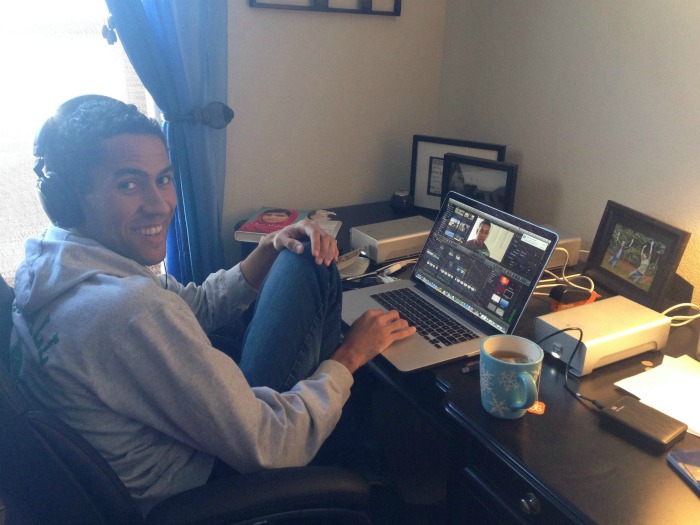
Joseph East is a freelance videographer and editor based in
Denver, Colorado. His first full-length documentary, I Will Dance, was broadcast on PBS in Colorado.
To bring I WILL DANCE to your community, email Alicia East: alicia(at)iwilldancemovie.com
Joseph can be reached at joseph.east05(at)gmail.com
Filmmaking Quick Links
Recommended For You
- Gear List For One-Man Documentary Film Crew with Bob Krist
- How To Survive The Making Of A Documentary
- Choosing Music For Your Documentary (Advice From A Composer)
Ready To Make Your Dream Documentary?
Sign up for our exclusive 7-day crash course and learn step-by-step how to make a documentary from idea to completed movie!
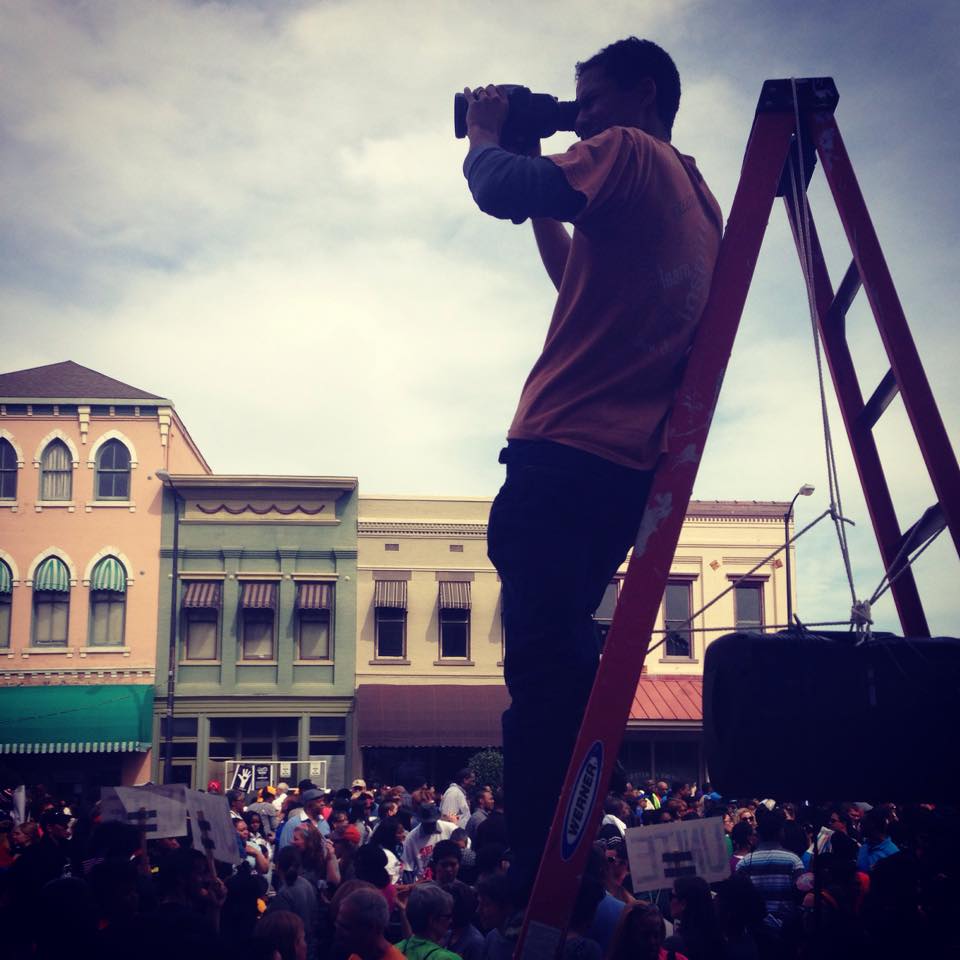

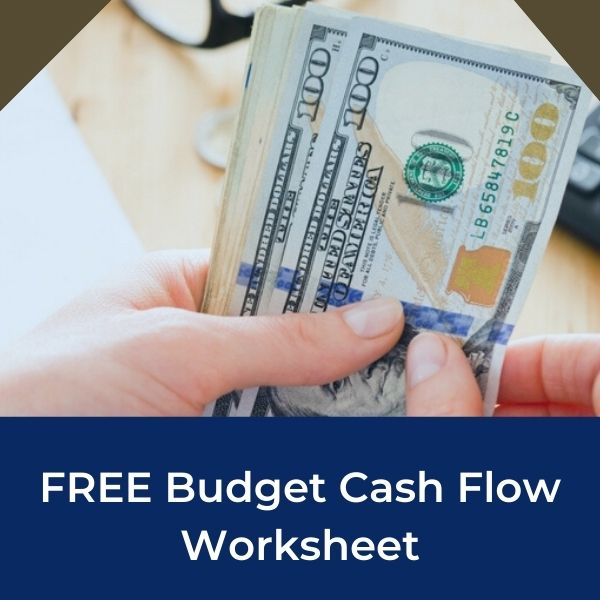






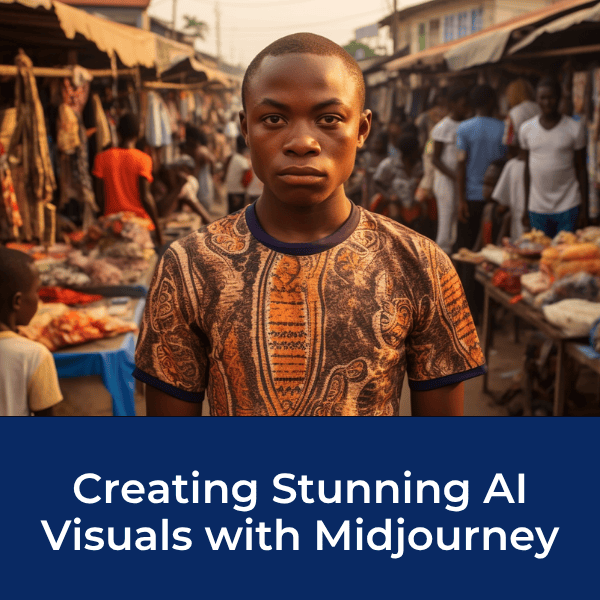
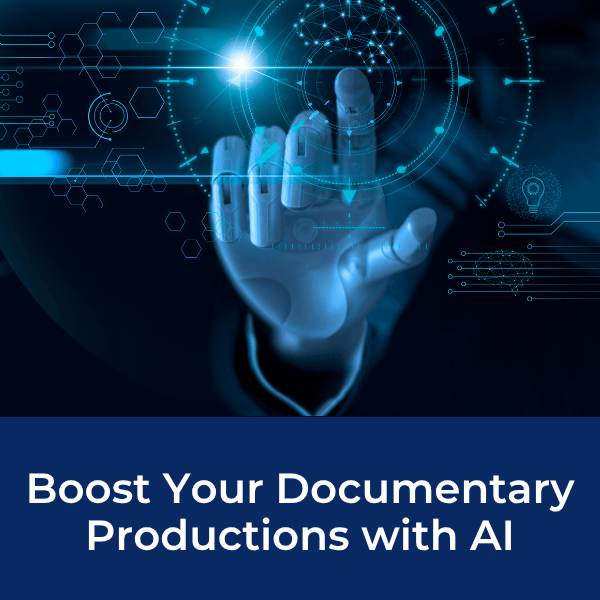





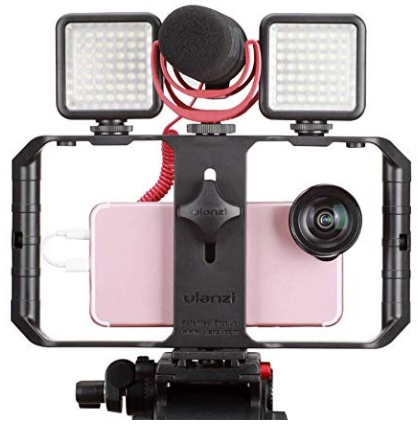
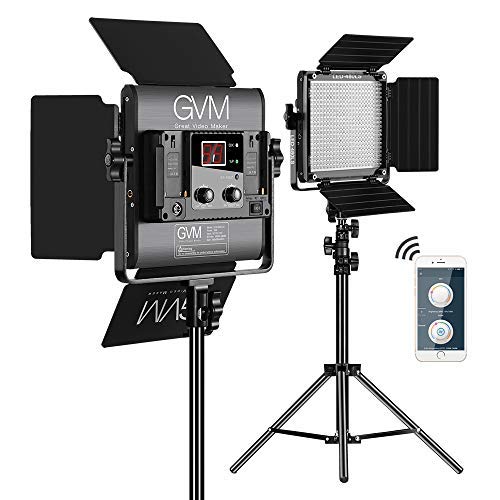
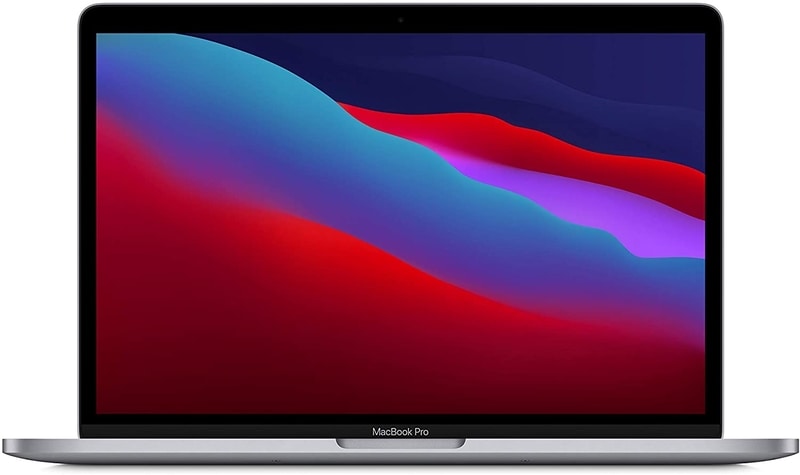
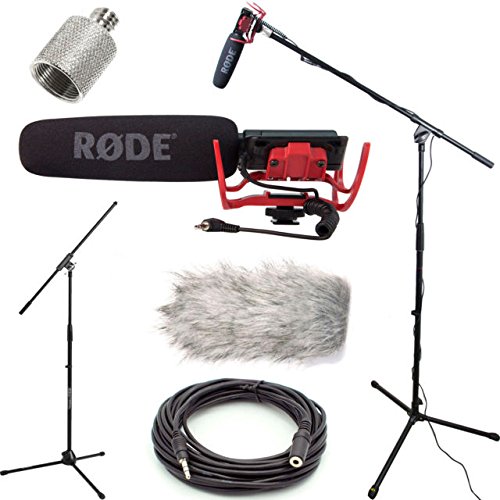
New! Comments
[To ensure your comment gets posted, please avoid using external links/URL's]